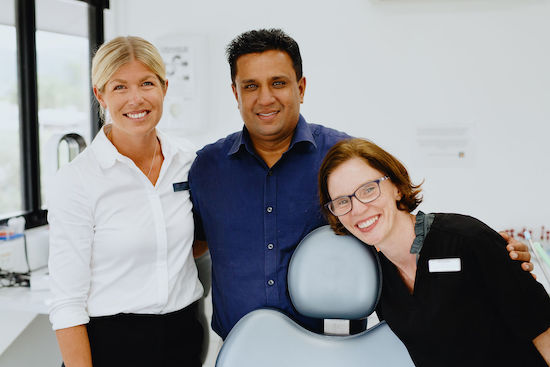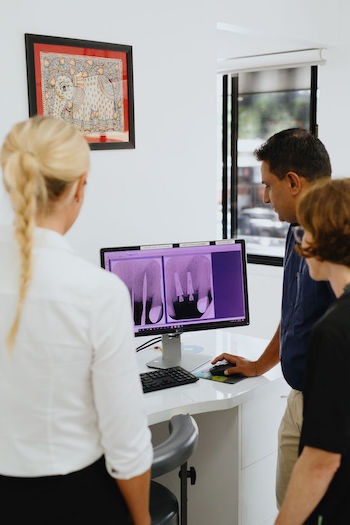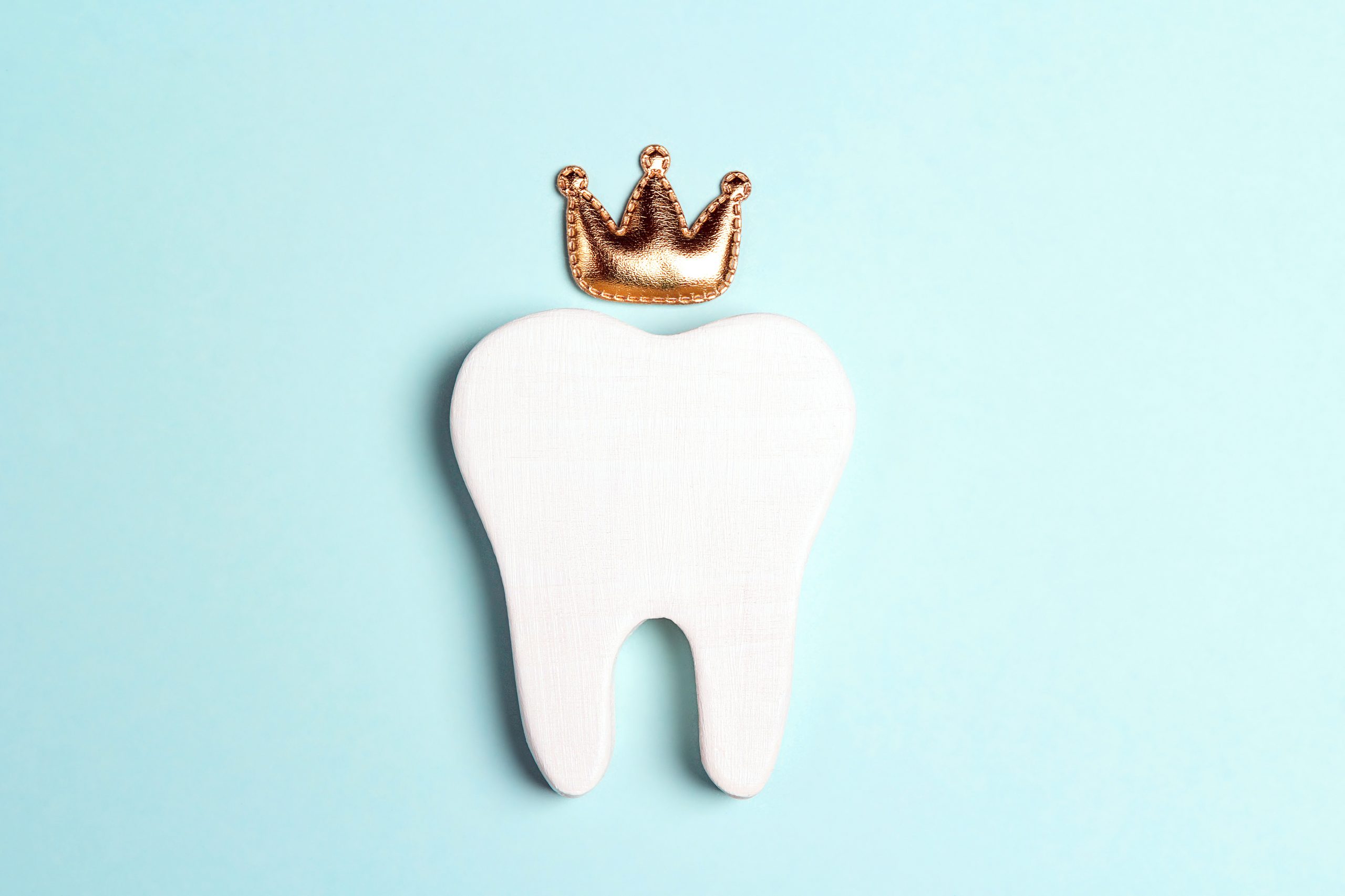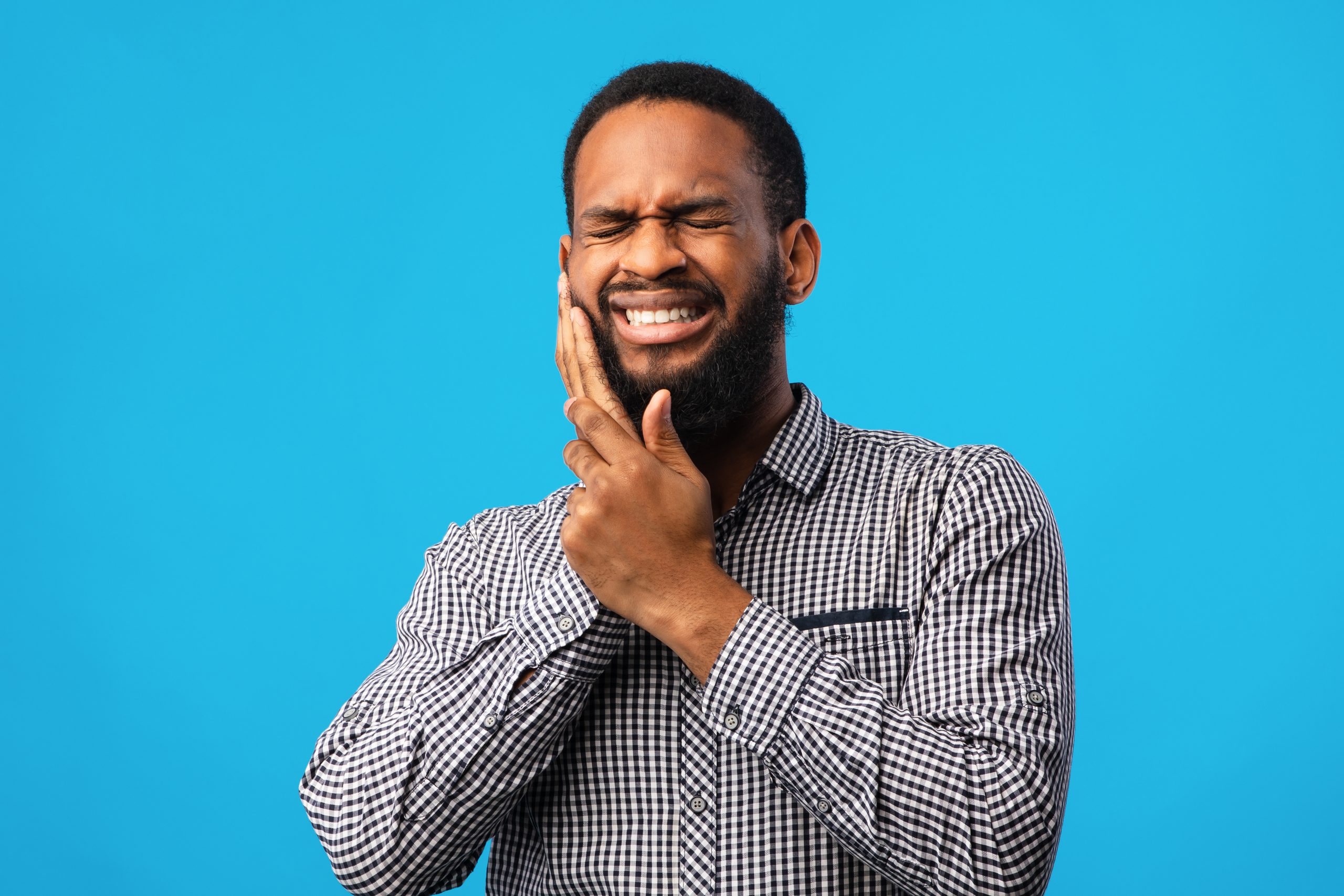If you’re like most people, you probably don’t give much thought to how you brush your teeth, beyond squirting on some toothpaste and scrubbing your teeth back and forth. But as your dentist will tell you, how you brush your teeth matters a great deal, with how often you brush, how long you brush, the kind of technique and the toothbrush you use are all major influences on the effectiveness of your brushing.
To gain the maximum benefit from brushing, you should brush for at least two minutes morning and night, using a soft-bristled toothbrush with a small head and a flexible neck. The advantage of these toothbrushes is that they remove the plaque and debris from your teeth without damaging your teeth and gums.
It’s all in the technique
If you are uncertain about your brushing technique, check with your dentist at your next dental visit and he/she may give you more information and tips and show you the most effective way of brushing.
Top Brushing Tip
While it may seem strange at first to brush your tongue, doing so actually reduces the bacteria in your mouth and helps your breath stay fresh. All you need to do is push the bristles on the tongue and scrape gently forward.
When you have finished brushing, try to spit out the toothpaste and don’t rinse with water. Leaving some toothpaste on your teeth is a really great way to give your teeth some extra ongoing protection.
Choice of Toothbrush
If limited dexterity is an issue, you might consider using a powered toothbrush. They can be programmed to run for two minutes, making keeping to the correct length of brushing time easy. If you’re not sure which type of brush will work for you or your family, check with your dentist.
General tips
Tempting as it is to think that pressing harder on your teeth equals a better clean, the fact is that too much pressure can damage your gums and tooth enamel. If the bristles are wearing out on your toothbrushes well before the three-month mark, you’re pressing too hard and you should ask your dentist to show you a less damaging technique. It’s also a good idea to replace your brush, whether manual or powered, when either the bristles start to spread apart, or every three months, whichever comes first.
Come see our dental staff for more information and effective brushing techniques for you and your family. Call us on 40323236 and book an appointment to see one of our friendly and helpful dentists.














